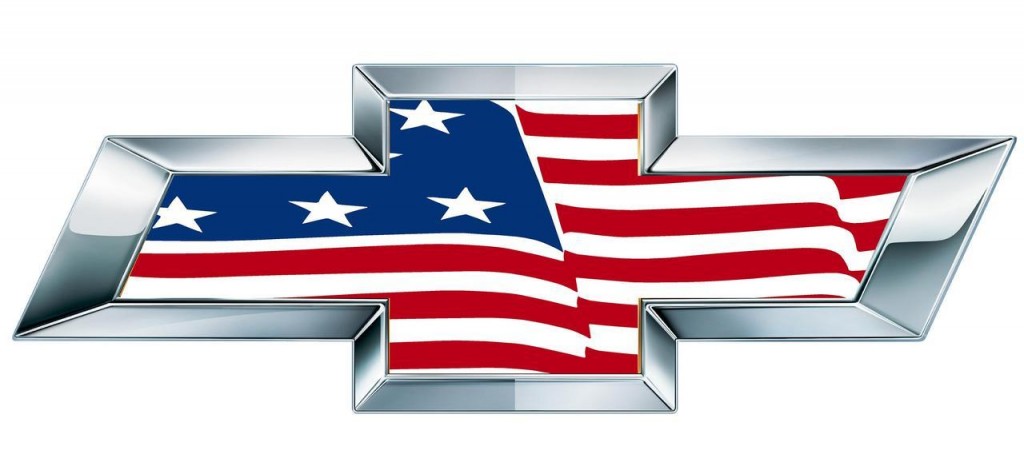 For the past 2 years, one of the items on my daily to-do list has been grading Internet leads for DealerKnows Consulting. This process involves assisting DealerKnows in monitoring the progress of their clients through monitoring the ISM’s lead handling within the CRM. This provides valuable insight into what exactly is happening with leads (i.e. is the store following the process installed through DealerKnows and, if not, what exactly is happening) and indicating where additional training is needed.
For the past 2 years, one of the items on my daily to-do list has been grading Internet leads for DealerKnows Consulting. This process involves assisting DealerKnows in monitoring the progress of their clients through monitoring the ISM’s lead handling within the CRM. This provides valuable insight into what exactly is happening with leads (i.e. is the store following the process installed through DealerKnows and, if not, what exactly is happening) and indicating where additional training is needed.
In one particular client ‘s CRM, I started noticing one of the employees tasked with responding to, and communicating with, Internet leads inputting questionable notes into the CRM. Keep in mind; he was not doing anything inappropriate in his communication with the customer but, at times, expressing his frustration and/or opinions of customers through notes in the CRM.
Notes like:
- F$@k this bitch!
- Screw this mooch!
- What a stroke!
- I hope this customer gets fired for being an a$$hole!
Now, I was in retail a long time. I understand his frustration. That being said, I mentioned to him and his manager that he shouldn’t be using derogatory terms in the CRM. First, this particular store works as a team (ie. the leads aren’t solely one person’s responsibility). Whoever is working when a call or email needs to be made handles it. In the past, this team was a bunch of guys. Recently, a female was added. I mentioned it again within the context of the fact that the notes bring negativity into the lead for the next person who looks at it. In addition, it could offend someone else looking at the lead within the CRM. Even a female member of DealerKnows chimed in that the notes offended her.
The real question, however, is not one of appropriateness but rather one of compliance and liability. I was curious as to whether there could be harassment or employment issues. In that spirit, I decided to contact an expert in automotive dealer compliance. I contacted the founder of Dealer Compliance Consultants, Jim Radogna, a longtime auto guy with over 15 years experience in just about every dealership management position, over 6 years experience in assisting dealerships with compliance as well as an avid writer and frequent speaker in the automotive industry.
His answer was simple:
“It doesn’t matter where offensive material resides. It can be comments in a CRM that others can view – on a computer screen, mobile device or hanging on a wall – if anyone sees it and is offended by it, it can create a hostile work environment and put the dealership at risk.
People often have such different perspectives on behaviors that it is easy to offend someone through ill-considered attempts at humor, teasing or sarcasm. Remember that only the impact, and not the intent, matters in determining if a reasonable person would consider the behavior to be harassment.”
I was in retail. I get it. Sometimes customers can be frustrating. Sometimes we (being salespeople, managers, etc.) express our frustrations verbally and, perhaps, everyone on the team (or within hearing distance) is okay with the language or sentiment.
The bottom line is that allowing or condoning this type of behavior only accomplishes two things:
1. It permanently etches that customer in a negative light for any future employees. Think about it… perhaps the employee who inserted the notes gets fired (not that anyone EVER gets fired or leaves dealerships) and a new employee is tasked with going through and/or following up with these leads. Do you think these notes will encourage them to follow up or discourage them? Would they be quicker to mark them “Lost” and move on? What happens if you want to do some data mining and try to resurrect some leads? Negativity is a virus. It spreads easily. Allowing anyone to cultivate negativity in your business is simply a recipe for failure – not only for them but also for all of your employees.
2. It creates liability for the dealership. Allowing anyone to continue with this behavior transfers liability to you and, as a manager, to the dealership. Those notes may seem harmless now but when a harassment or hostile workplace environment lawsuit is filed, it could get quite expensive. In addition, by allowing these types of notes, you could technically be cultivating a PERMANENT hostile workplace environment. If you fired the offending employee today and two years from now another employee comes across these notes (perhaps by getting a new lead from the same customer… not like that ever happens) and is offended, what then? What if that that customer eventually buys the car and your dealership uses your CRM for service and a service advisor, cashier or other employee is exposed to those notes?
Imagine this scenario: An employee writes something offensive in Sharpie on the wall in the bathroom. It doesn’t offend anyone and nobody cleans it off. Three years later, a new employee comes along, reads the note and is offended.
What then?
It makes no difference WHEN the notes were made or whether the person who wrote the note(s) works there any longer. It is still the dealership’s responsibility and it would still be held responsible (and liable) for the existence of the notes.
My advice is simple:
If you wouldn’t hang it on the wall in your office for anyone to see, don’t put it anywhere – and that includes inside your CRM.


